Postpartum Doula Code of Ethics Draft
The goal of our Code of Ethics for the postpartum doula is to offer guidelines for situations they face on a regular basis. We want to empower our doulas to make their best decisions while observing our shared core values.

Relationships To Clients and Careproviders:
The DTD postpartum doula is a paraprofessional with their own independent authority to provide information, comfort and guidance to their client. They may work alongside medical, social work, lactation, home visitor or case management professionals as part of a care team, or be independent.
Whenever possible, the DTD Postpartum Doula strives to enhance communication with a client and a clinical professional and helps to ensure the client understands their clinical advice.
The DTD Postpartum Doula does not give clinical advice about any medical issues, but may give accurate and timely information about the benefits and risks of different alternative treatments to the client and their family.
The relationship can start prenatally in preparation for the postpartum.
Before providing services, the DTD postpartum doula provides a written agreement detailing their services, fees and time period and obtains a signature from the client agreeing to those terms.
The DTD postpartum doula strives for maximum autonomy of their client at all times, and respects their parenting and infant care choices.
The DTD postpartum doula seeks to maintain confidentiality at all times. The postpartum doula recognizes that it is the client’s choice to share information.
When seeking support from others, the DTD postpartum doula shall take time to discern what confidential details are really necessary to share and think carefully about where and whom to ask for advice.
Autonomy of the DTD Postpartum Doula’s Role:
DTD Postpartum doulas do not use clinical skills. If the postpartum doula possesses clinical skills as a midwife, nurse or student, the client and health care professional need to negotiate whether they wish the doula to utilize these skills.
Postpartum doulas who are nurses, social workers, or other skilled professionals realize those standards of practice take precedence in an emergent or urgent situation. For example, postpartum doulas are not “mandatory reporters”. However, if the postpartum doula has another profession where they are mandatory reporters, that requirement supersedes the doula’s standards of practice. It is the postpartum doula’s responsibility to make clear that they have these dual roles when the client engages their services.
Responsibility to Self, Others, and Community:
The DTD postpartum doula seeks to increase their communication skills, conflict negotiation skills, and reflective practice/meditation skills for professional and personal growth.
The DTD postpartum doula recognizes that the root of caring for others is reliably taking care of one’s self. The DTD postpartum doula has strategies for self-renewal and pleasure and regularly takes time for themselves.
The DTD postpartum doula seeks to cultivate positive relationships with other careproviders whenever possible.
The DTD postpartum doula is accountable for their professional behavior to the DTD organization, other doulas in their local area, and to the wider doula community at large.
The DTD postpartum doula seeks to act in integrity with themselves and the values listed here. Integrity means that what you say, how you behave, and the values you agree to are congruent with one another.
Rationale: Often postpartum doulas are tasked to make choices that require us to rank competing values. Do we speak up about a goal to breastfeed, or let the client feel empowered by making the choice to have flexibility in the goal? Rather than there being one right answer, the postpartum doula must choose the most appropriate action based on that particular situation.
Cultural Competency and Trauma Informed Care:
DTD Postpartum Doulas take a trauma informed care approach that involves transparency and mutuality in making decisions about the client’s and their child’s care. The doula conducts any assessments (i.e. mood, feeding) with the client, not to the client.
DTD postpartum doulas are aware of the increased risks, barriers to care, and disparities in health outcomes faced by many marginalized communities due to systems of oppression and discrimination.
The labor of doulas is often to eliminate those obstacles. Therefore, DTD postpartum doulas need a thorough understanding of fundamental concepts related to discrimination and oppression experienced by people of color, women, individuals of diverse gender identities and sexual orientations, immigrants and refugees, and people with disabilities to provide culturally safe care.
The DTD postpartum doula is aware that all families are different. The postpartum doula is responsible for educating themselves about social and cultural differences in family customs. The DTD postpartum doula is appreciative of the diversity of individual expression and families that exist today.
When providing postpartum doula services to people of a different culture, the postpartum doula needs to understand that the client is vulnerable to unintended harm due to cultural ignorance.
Clients are the experts on their own needs, so the postpartum doula will ask pertinent, kind questions to get a better understanding of how they define support.
Emergent Situations and Safety
When the DTD Postpartum Doula observes a situation that merits assessment from a clinician, the doula shall kindly inform the client of their observation and why it merits a clinical assessment. Together the client and doula may come up with a plan. If the situation persists or worsens, the doula may share their perspective with family members. If the situation persists or worsens, the doula shall contact a more experienced postpartum doula, nurse or similar professional with the appropriate expertise for their perspective. If that professional concurs that a clinical assessment is needed, the doula should first go back to the client and family to uncover their resistance. The doula will try to negotiate a solution whenever possible. Only as a last resort, when the risk has become great, should the medical clinic be contacted without the parent’s prior knowledge of the doula’s action.
If the DTD Postpartum Doula observes a situation where either the infant or parent is at risk, they should take appropriate action to call emergency services.
The DTD Postpartum Doula is advised to leave any situation in which they risk physical or emotional violence or abuse; even if that means leaving the client or infant alone with the person posing a threat to the doula. After reaching safety, the doula may call emergency services.






